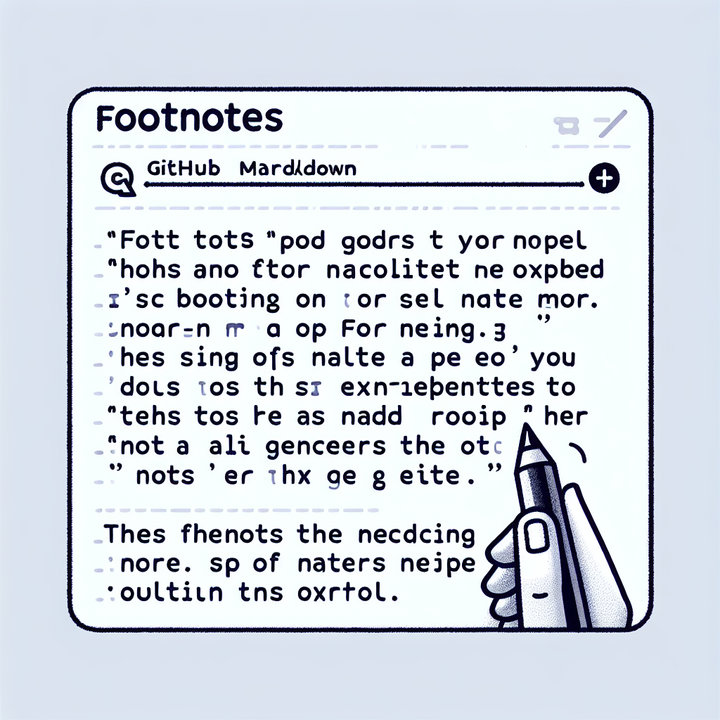How to Add Space in Markdown
In Markdown, add spaces using HTML entities , HTML <span> tags with CSS, code blocks, blank lines between list items, and tabs. These methods help you format and display Markdown content effectively.

"Why struggle with Markdown formatting? Our free tools make it easy to create beautiful, professional-looking documents in seconds."
Markdown is a lightweight markup language that uses plain text formatting, making it particularly suitable for writing documentation, README files, and blog posts. However, Markdown doesn't have explicit syntax for adding multiple spaces, which can be challenging for specific formatting needs. This article will detail several methods for adding spaces in Markdown, helping you better control text layout when writing Markdown documents.
Adding Space Using Escape Characters
In Markdown, you can use the HTML entity to add space. represents a non-breaking space in HTML, and you can directly insert into your Markdown document to add space.
Example:
This is an example with three spaces here.
Rendered result: This is an example with three spaces here.
Using HTML Tags
If you need to add multiple spaces or precisely control the number of spaces, you can use HTML <span> tags combined with CSS styles.
Example:
This is an example<span style="margin-left: 20px;"></span>with 20px space here.
Rendered result: This is an example with 20px space here.
Using Code Blocks and Inline Code
In Markdown, code blocks and inline code preserve spaces and line breaks, so you can leverage this to achieve the effect of spaces.
Example:
This is an example with four spaces here.
Rendered result: This is an example with four spaces here.
Note: Inline code cannot exceed one space, so if multiple spaces are needed, it's recommended to use code blocks.
Using Blank Lines Between List Items
In Markdown's ordered and unordered lists, blank lines between list items can add extra white space.
Example:
- Item one
- Item two
Rendered result:
- Item one
- Item two
Using Tabs
Markdown also supports using tabs to add space. A tab typically equals four spaces. You can directly insert tabs into your Markdown document to achieve the effect of spaces.
Example:
This is an example with a tab space here.
Rendered result: This is an example with a tab space here.
Conclusion
Although Markdown has limited support for spaces, by combining HTML entities, HTML tags, code blocks, blank lines between list items, and tabs, you can flexibly control spaces in your Markdown documents. These methods can help you better format and display document content to meet different formatting needs.
I hope this article helps you better add and manage spaces in your Markdown documents.



Comments ()